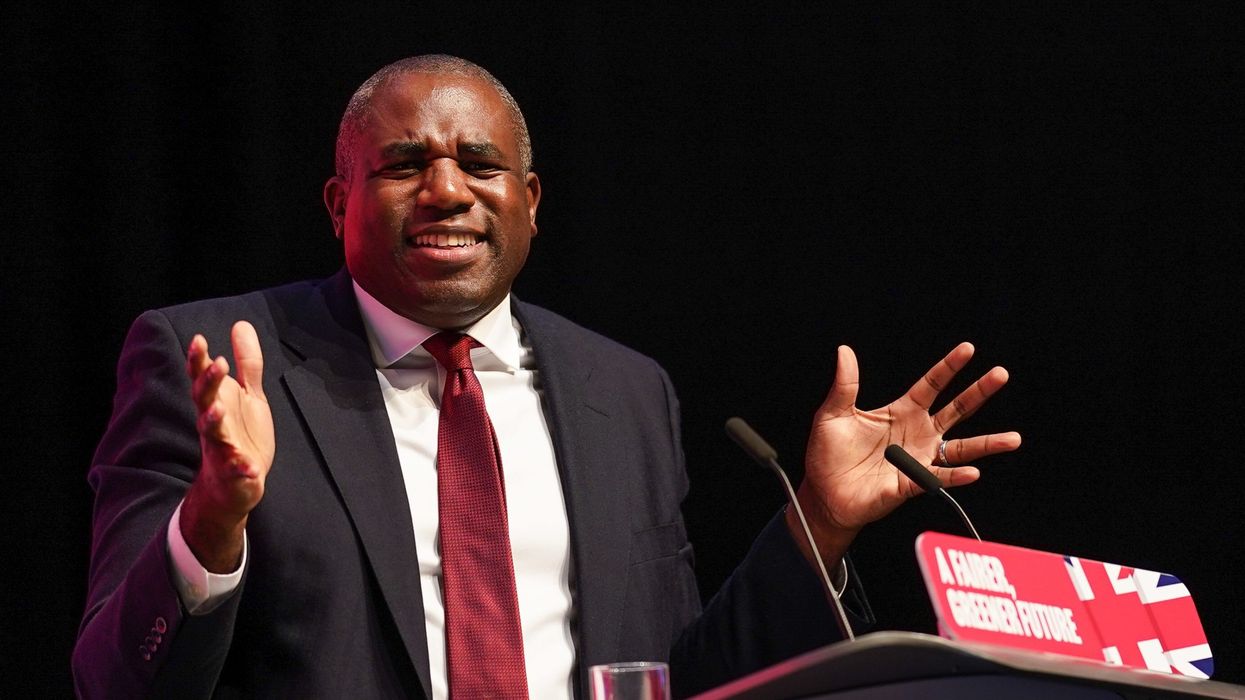Amidst the ongoing Cabinet reshuffle led by Sir Keir Starmer, the Labour Party celebrated 'Britain’s global bonds and bridges', a reception for diaspora communities, where the party outlined its objectives to mitigate hidden fees on remittances sent overseas as a means to combat poverty.
The reception held on Monday (4) was attended by numerous prominent journalists representing Britain’s diaspora media.
During the event, David Lammy, Shadow Secretary of State for Foreign, Commonwealth and Development Affairs, pledged to explore avenues to reduce covert expenses for families sending money to support their overseas relatives.
A press release from Labour emphasised that international payments involving foreign exchange rates can be costly, often burdened by concealed fees, which average around 5-6% in the UK.
During the event, Lammy also highlighted the substantial contributions made by Britain’s diverse diaspora communities across various domains, including business, culture, art, cuisine, music, social activism, and community involvement.
He underscored their efforts in combating prejudice and advocating for a modern Britain.
Lammy, representing the constituency of Tottenham, which he described as "the most diverse constituency in the world," has deep Guyanese roots and maintains strong connections to both the country and his family residing there. He emphasised that every corner of Britain has been enriched by the contributions of its diverse communities.
Additionally, Lammy highlighted the substantial financial impact of diaspora communities through remittance payments.
These international transfers are typically sent from UK households to support friends and families abroad and are a crucial concern for many diaspora communities residing in the UK. According to the World Bank, the value of these payments from the UK amounted to $10.7 billion (£8.24 billion) in 2022.
However, the presence of hidden fees, estimated to cost nearly half a billion pounds annually, exerts additional financial strain on families in the UK, particularly those already grappling with the challenges posed by the cost-of-living crisis.
The reception was attended by prominent members of the Shadow Cabinet, including David Lammy, Anneliese Dodds, Thangam Debbonaire, Jonathan Ashworth, Jonathan Reynolds, and Pat McFadden.
It constituted a pivotal component of Labour's initiative to acknowledge the substantial contributions made by Britain's diaspora communities, both within the UK and on a global scale, as part of their preparations for the upcoming general election.
Lammy said, "Labour is proud of Britain’s diversity and it’s something we celebrate. Our communities are global bonds and bridges to every continent. It is a great strength not a weakness. Every part of Britain has been enriched by the contribution of diverse communities.
"The positive impact of diaspora communities to fighting poverty and inequality through remittance payments is too often overlooked. Costly hidden fees on these payments put financial pressure on families in Britain already struggling to make ends meet in the Conservative cost of living crisis."
"In government, Labour will set the goal of reducing the obstacles and costs to cross border payments, keeping money in the pockets of Britain’s communities and allowing them to build on their contribution to Britain’s impact in the world."
The foreign and international development team of the Labour party has engaged in consultations with various stakeholders, including Money Transfer Operators (MTOs), academics, regulatory bodies, and civil society to explore potential measures that the next government can implement to alleviate costs.




